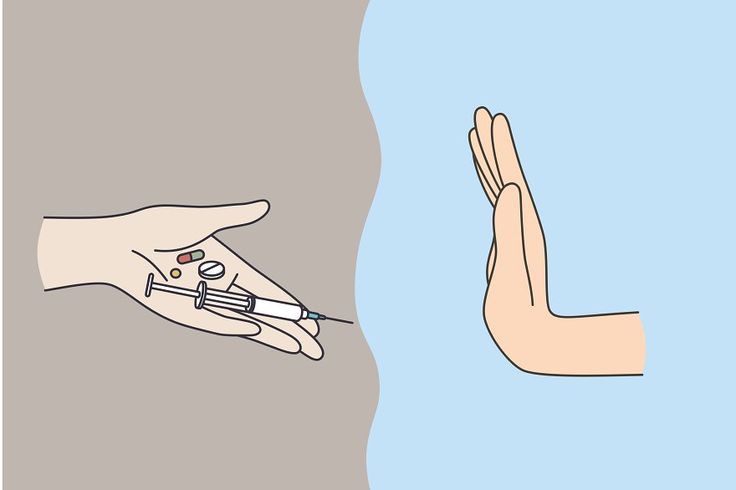INTRODUCTION Bail is an integral part of the criminal justice system in most nations across the globe, including India. Bail is a way to ensure that the accused is present before the court for trial,…
READ MORE
Introduction Alternate Dispute Resolution (ADR) is a dispute resolution method that employs non-adversarial (i.e. out of court) ways to adjudicate legal controversies. ADR methods are informal, cheaper and faster, in comparison to the traditional litigation…
READ MORE
Introduction The Narcotic Drugs and Psychotropic Substances Act (NDPS Act), 1985 was given with the intent of ruling drug abuse and stopping the use, dispersion, production, and work of drugs. Narcotic drugs are those that…
READ MORE

Introduction: Under the Criminal Procedure Code, 1973, the Discharge Application is the remedy that is granted to the person who has been maliciously charged. If the allegations which have been made against him are false, this Code provides the provisions for filing a discharge application. If the evidence given before the Court is not sufficient to satisfy the offence and in the absence of any prima facie case against him, he is entitled to be discharged. Classification of Criminal Cases: The two major classifications of criminal cases under the Code of Criminal Procedure are: 1.Cases instituted on the basis of a police report (Sections 238,243). 2. Cases instituted otherwise than on police report based on the complaint (Sections 244,247). There are four types of the trial procedures provided under Cr.P.C.: Summary trials (Sections 260,265), Trial of summons cases by Magistrates (Sections 251,259), Trial of warrant cases by Magistrates (Sections 238,250) Trial before a court of Sessions (Sections 225,237). The procedure of warrant cases is used for the trial of warrant cases by the Magistrates and the trial before the court of sessions. Whereas trial of summons cases by Magistrates and summary trials are tried in a summons case trial. Discharge of accused in warrant cases on the basis of a police report. The regular procedure of law …
READ MORE
Rights to know the grounds of arrest 1. Article 22 of the Constitution of India deals with the protection against arrest and detention in certain cases- No person who is arrested shall be detained in…
READ MORE
Meaning of Summon Summons is a document that orders a person to whom it was sent to appear before the Court and answer the Magistrate on the complaint made against him. It is issued by the Magistrate under Section 204 (1) (a) of Code…
READ MORE
What is medical negligence? While considering the issue, the Hon’ble Supreme Court in Kusum Sharma & Ors. v. Batra Hospital & Medical Research Centre and Ors placed reference to the Halsbury’s Laws of England, 4th Edn., Vol….
READ MORE
INTRODUCTION Webster’s New World Dictionary defines an ‘interlocutory order’ as an order other than a final decision. Interlocutory orders are passed for the protection of the rights of the parties while the proceedings in a…
READ MORE
INTRODUCTION Bail frees suspects. Je donne ma parole means “I speak” Furloughs are commuted. CPC 438 allows anticipatory bail. The Law Commission of India recommended eliminating pre-arrest bail. Bailable criminals may ask. Non-bailable crimes aren’t…
READ MORE
THE DEFINITION OF JURISDICTION The idea of jurisdiction plays a role in determining which code is acceptable for specific litigation. The power or authority given to a court to hear the case in front of…
READ MORE










